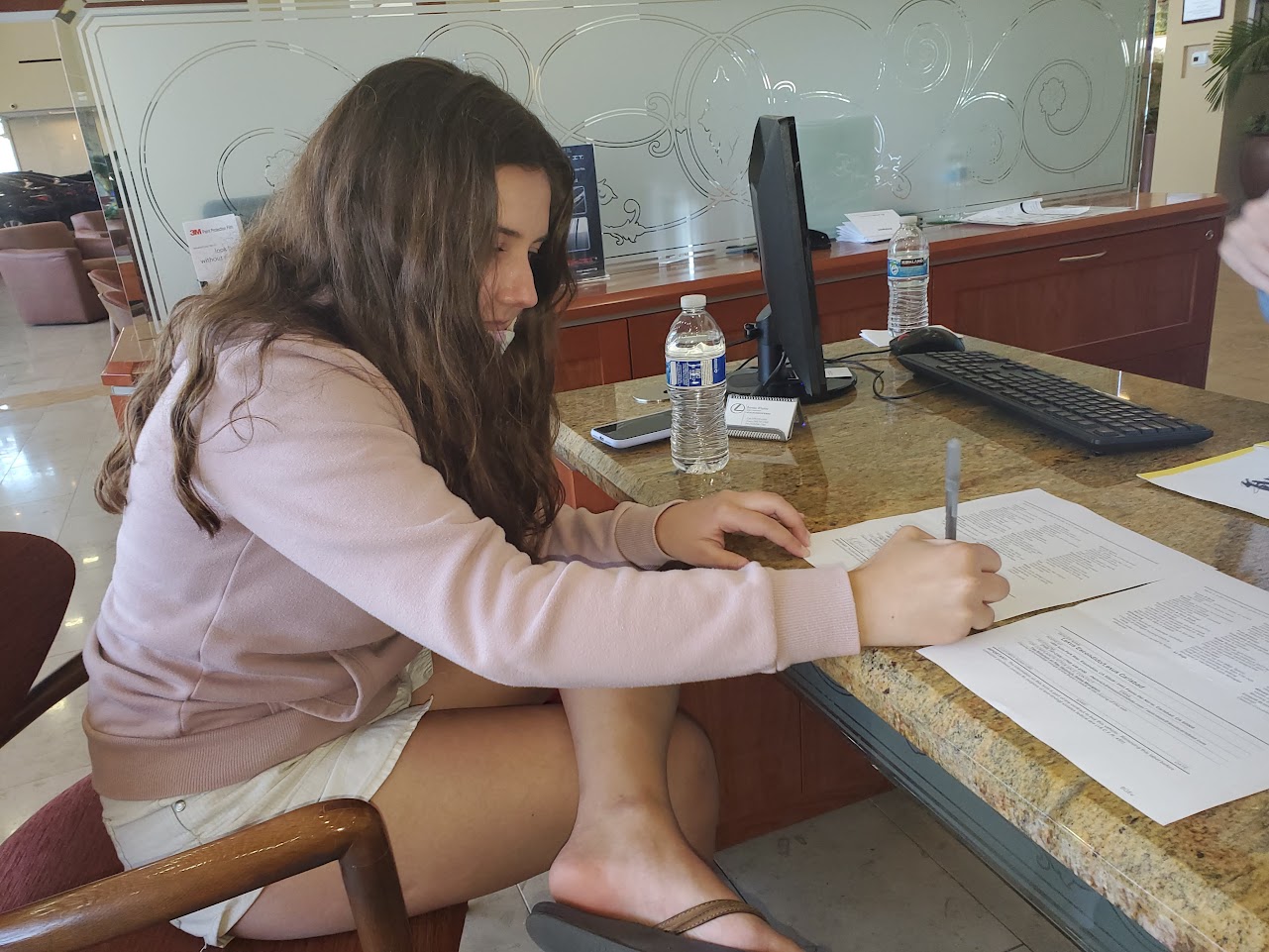
One of the biggest advantages of buying a used car, truck or SUV is the price, but there is a risk. You do not necessarily know what the previous owner(s) did with the vehicle. Through the years, people have asked attorneys at the RV Auto Legal Team for advice on how to buy a used vehicle. The most important thing for you to remember is this.
The dealer needs you more than you need them – even if you need to ride a tricycle to work.
If you forget this truth, you are setting yourself up to being cheated. The dealer can take advantage of you falling in love with the blue one, or that you are desperate to buy a car. It does take time. They still need you more than you need them.
For this reason, NEVER buy any car the first time you see it on the lot. Always tell the dealer that you will come back. This will help protect you from making an emotional decision that will cause you to forget the basic rule: The dealer needs you more than you need them.
When Buying a Used Car, Do Your Homework!
Before you even go to a dealership, you should first set a budget, and then research what vehicles you like within your budget. The budget will certainly influence what model year of vehicle you can afford. Research maintenance schedules for those vehicles. Does your vehicle have a timing belt or timing chain, for example. If it has a timing belt, you may have a fairly significant maintenance cost at around 100,000 miles.
You can also see if the particular year, make and model which falls into your budget have any known issues, such as bad transmissions or electrical problems. There are various websites that can help you research. Here are two examples: https://www.edmunds.co/ and https://www.carcomplaints.com
Do your due diligence!
Show Me the Carfax?
You will see commercials of a cute fox telling you that you must rely upon a Carfax report and then you can be assured that you are buying a high-quality used car. Carfax and Auto Check reports are tools, but they are not the be-all and end-all for information related to the condition and history of a used car.
Remember this: Carfax or Autocheck never looked at your vehicle. They only report information that happens to be available in databases to which they have access and re-publish.
Questions to Ask the Dealer
You will always want to ask the dealer the basic questions about a used car:
- How long has the vehicle been on your lot?
- Has it been involved in a prior accident?
- How did the dealer acquire the vehicle?
But you cannot stop here. Here are some important questions that you need to ask, and why you need to ask them.
1. Did you inspect the vehicle?
Every dealer will say “YES.” They will typically mention something about getting smogged and safety inspection. You don’t necessarily need to ask about the specifics of a safety inspection. This is because per DMV regulations a “safety inspection” is not much more than kicking the tires, honking the horn, and turning on the wiper blades. But you want to get them confirm that they did indeed inspect the vehicle.
Then you want to ask this question:
2. When you inspected it, did you notice any prior body work?
Your dealer will probably want to show you the Carfax or Autocheck report to answer this question. But it does not answer your question at all. You asked what the technician found during the inspection they just admitted to having completed.
Also note that this question does not ask about a prior accident or collision. You ask about prior body work, regardless of how the vehicle had been damaged in the past.
If the dealership does not give you a straight answer, then the car you are looking at may not be the right one for you.
3. How did the dealer acquire the Vehicle?
If the vehicle was a trade-in, then ask why the previous owner traded in the vehicle to that dealer. Why would a BMW owner trade in the vehicle to a Kia dealer, for example. If the car is no more than 1-2 years old and very low miles, then this is a potential red flag. Why is that particular car not being sold as a certified preowned vehicle?
If they acquired the vehicle at auction, then ask to see the bill of sale from the auction. Auction houses make disclosures about the vehicle, and they also use general coding such as red, yellow or green lights to show what the wholesale seller disclosed about the vehicle to the auction.
4. What reconditioning did the dealer do to prepare the vehicle for sale?
So what did the dealer do? If the dealer did not even change the oil, then they really were really cheap in getting the vehicle ready for sale. Ask to see the invoice for what they did. An honest dealer will not hesitate to show you what they did. It will be part of their selling point on why you should but this particular vehicle.
What if I Need a Loan?
If you need to finance your purchase, secure a loan in advance. You can still let your dealer shop to see if it can get you better rate and term, but at least this way you know the worst-case scenario. The dealer running your credit should not hurt your credit score. You are allowed to shop for the financing terms without hurting your credit score.


 What Makes RV Lemon Cases Different?
What Makes RV Lemon Cases Different?